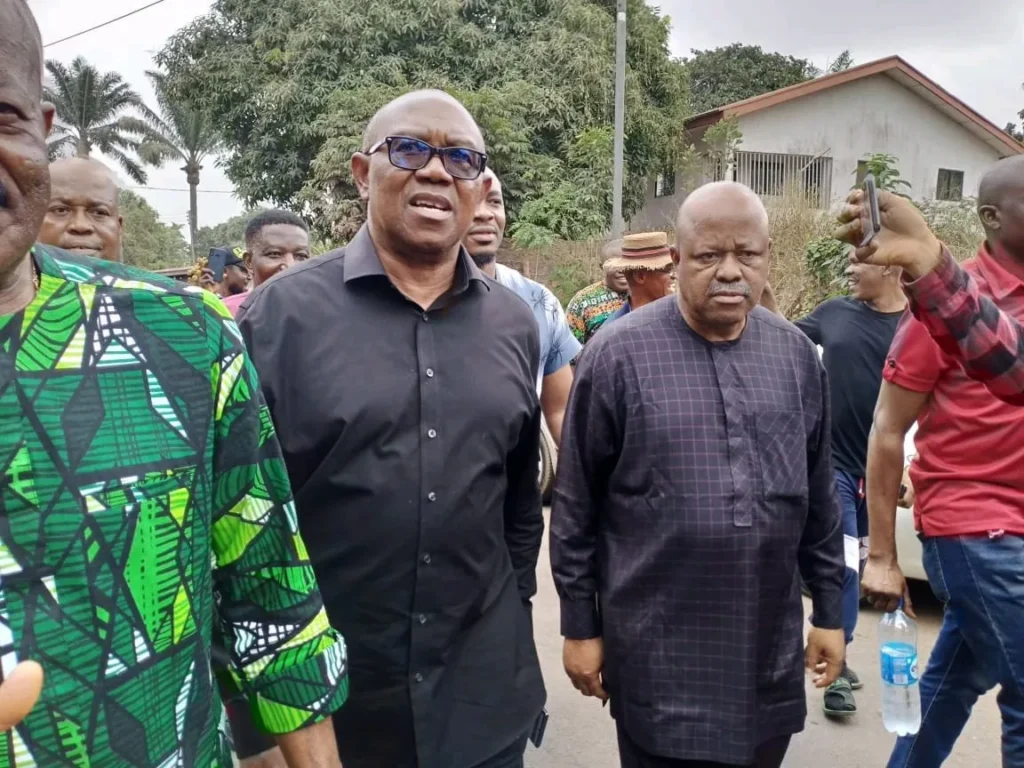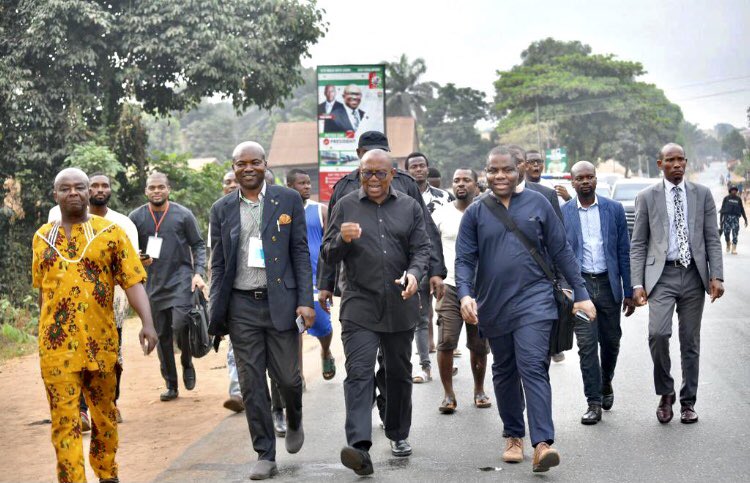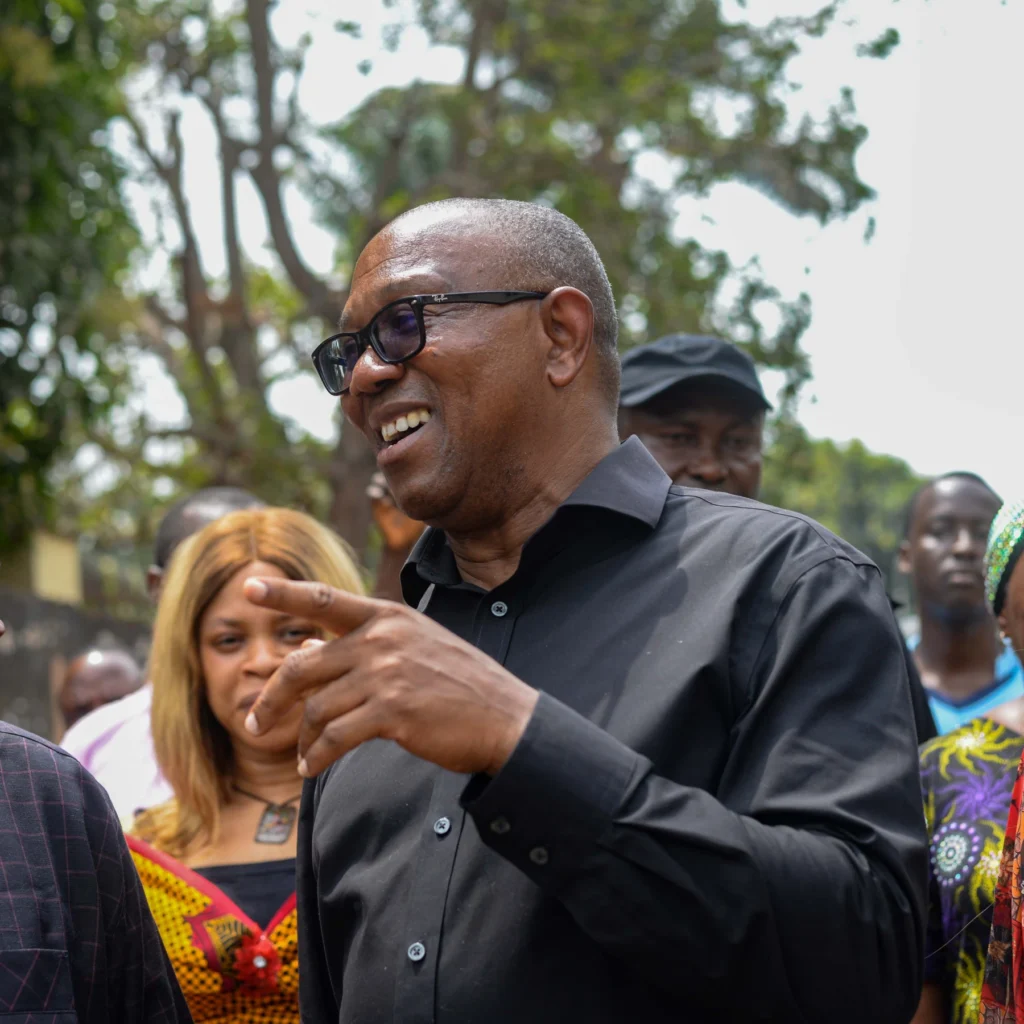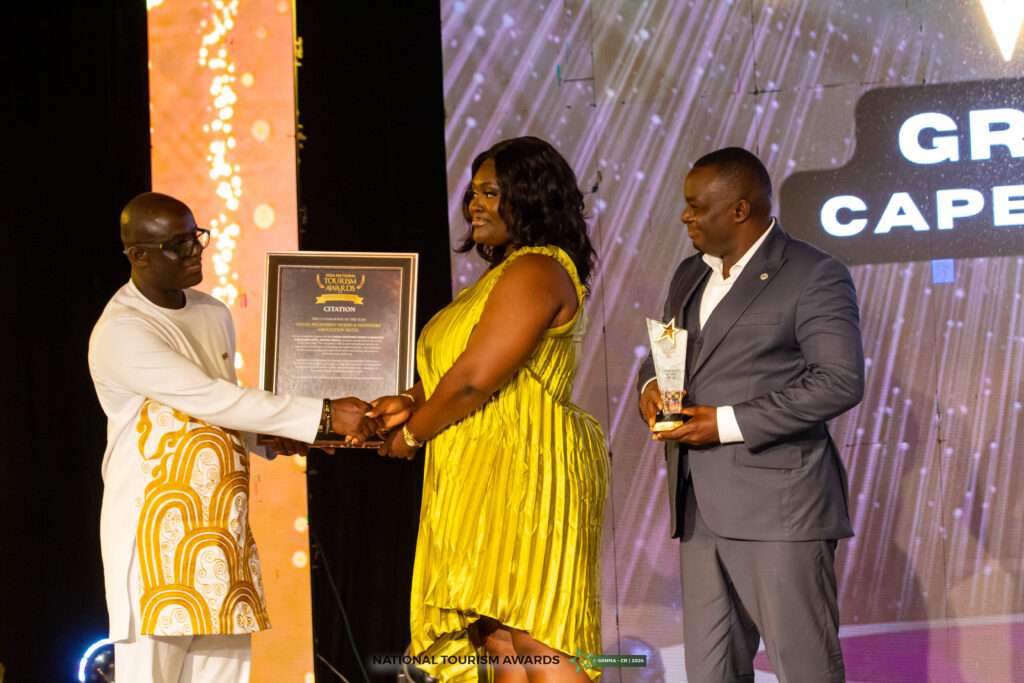Nigeria’s Obi petitions court over disputed Presidential Election

Nigeria’s opposition Labour Party candidate Peter Obi has filed a court petition challenging the outcome of last month’s disputed presidential election that was won by the ruling party, a spokesperson from his party said on Tuesday.

Obi, who campaigned as an outsider, galvanised many young and first-time voters but came third in the election, behind winner Bola Tinubu from the ruling All Progressives Congress party and main opposition People’s Democratic Party’s Atiku Abubakar. Rabiu Kwankwaso of the New Nigeria People’s Party (NNPP) came a distant fourth but was still ahead of 14 other candidates.
“We are challenging the qualifications of the candidate that was declared the winner. We are also challenging the processes that led to his declaration as the winner, among others,” Labour Party spokesperson Yunusa Tanko told journalists.

Election observers from the European Union, the Commonwealth, and other bodies reported a range of problems, among them failures in systems designed to prevent vote manipulation.
The observers criticised the Independent National Electoral Commission (INEC) for poor planning and voting delays, but they did not allege fraud. The commission itself apologised for technical problems during the count.
The presidential race was seen as the most competitive in Nigeria’s political history, with Obi and Kwankwaso posing a credible challenge to the two traditional main parties.
“I will challenge this rascality for the future of the country,” Obi said at a press conference on March 2. “This is not the end but the beginning of the journey for the birth of a new Nigeria.”
Later that day Abubakar also signified his intention to contest the election but it is uncertain if he has filed a suit to that effect yet.

The Supreme Court of Nigeria has never overturned a presidential election, though legal challenges are common, including by outgoing President Muhammadu Buhari, who doggedly and unsuccessfully fought multiple election losses for months in vain.
Barring any decision to the contrary from the courts, Tinubu will be sworn in on May 29 as successor to Buhari who has been in power since 2015.
SOURCE: AL JAZEERA






